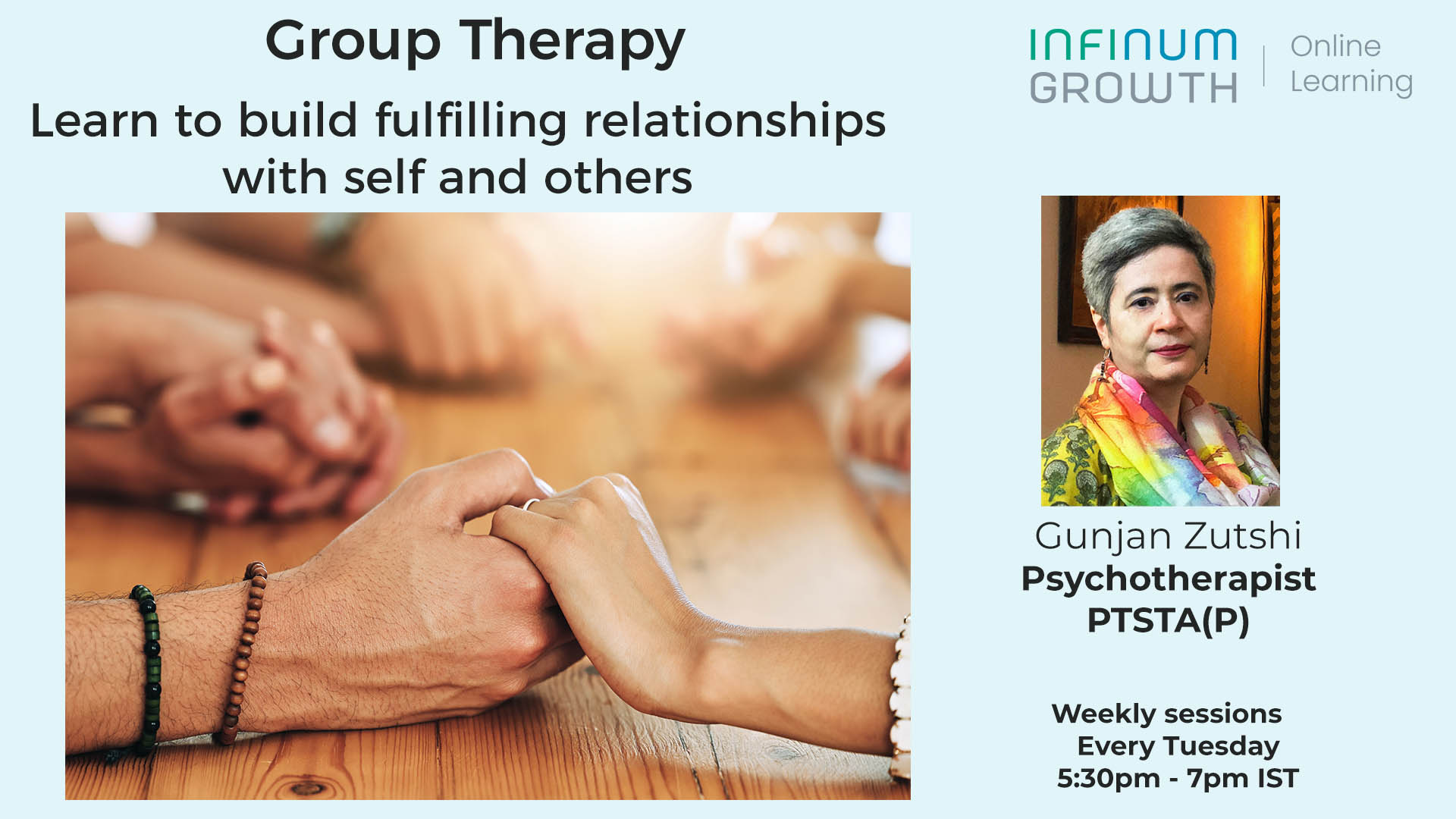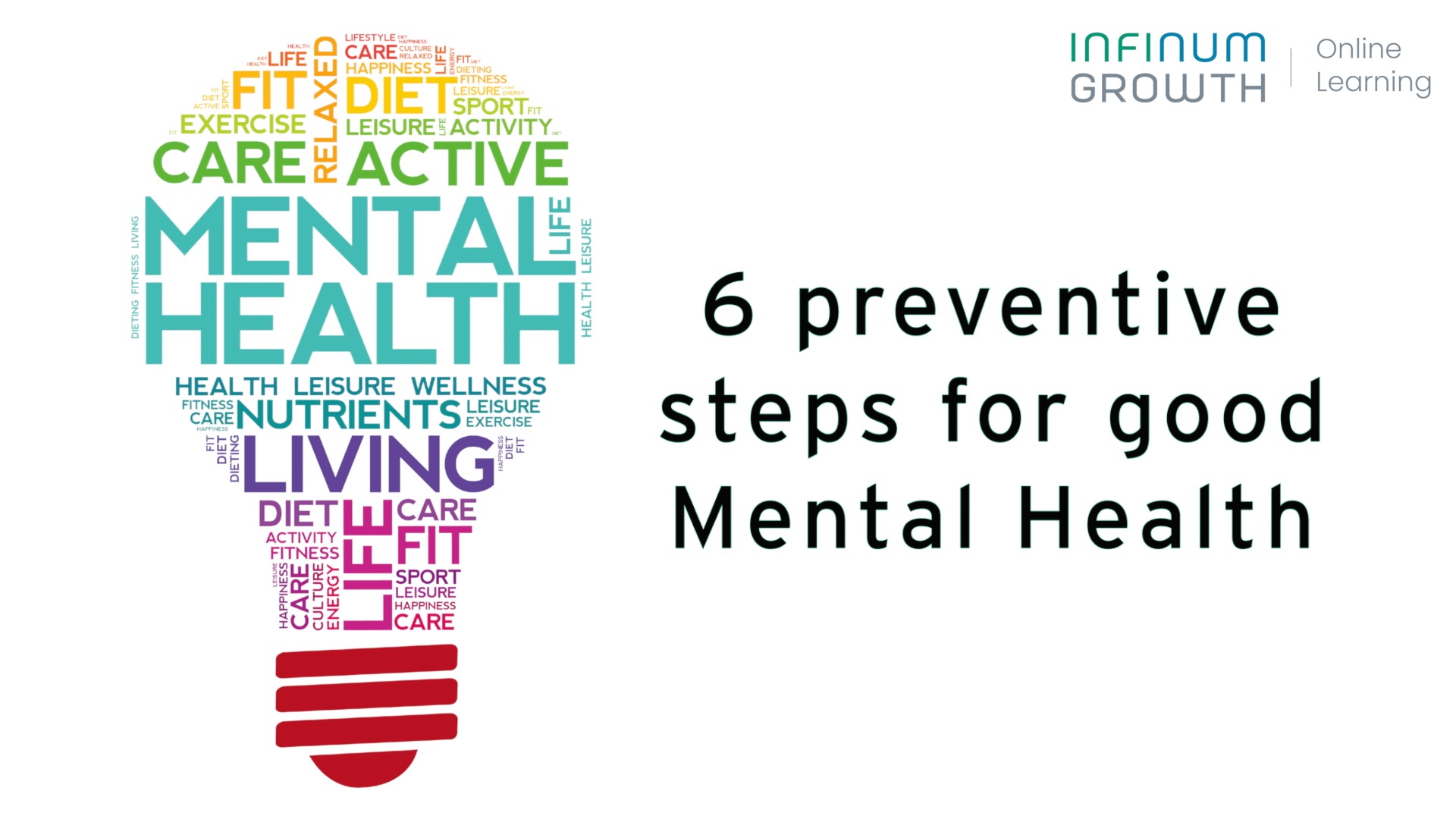Let’s start with a narration of what one person shared, about her own experience when people came to console her. She said –
“I am 43 years old. I lost my husband about a year ago and all I hear from people who are trying to console me is, “You have to live for your child and your mother. Be strong. They need you. There is no one to look after them.”
“Or there are those who whisper and say, “Don’t get bothered by what society says. You are young. You need to settle down again. Don’t close yourself to men who might show interest in you.“
“It is a series of ‘do this’/‘do that’ or ‘don’t do this’/‘don’t do that’.”
“It is as if I don’t count! No one ever tells me to live for myself, doing what I wish to do. It seems the purpose of my life is to look after others and ensure that all their needs are taken care of; or that I need to be under some umbrella because I will not be capable of looking after myself.”
“To one I say – “If I’m not alright, how will I be in a position to take care of anyone else? Have you thought about that?” They get quiet and I can hear the unsaid words – “How selfish can she be, thinking only about herself.“
“To the other I say, “Are you saying that I am incapable of looking after myself without a man?“
“Look, I know these people mean well, wanting to console me and help me with some hope and purpose for the future; but if seen from my perspective what do you think I would like to hear?”
Here’s a second narration about the response of a person who was being ‘consoled’.
Some people come up and say, “Tumhare saath kitna bura hua. Bechari. So difficult to live alone and face the world. You are being so brave. I would never be able to handle it.“
I took it many times and then I said, “This will happen to everyone of us here. We will all die one day and one person in a couple will go earlier. We will all have to deal with it, the husband or the wife. And when it happens we all learn how to face it. There is no option.” There was shocked silence.
A related situation comes to mind about a third person who lost a spouse.
“I had to attend a family wedding and was confused about what was appropriate in terms of what I wore and how I conducted myself. There were several functions and after a while I found that I was enjoying myself and going with the flow.
For some time I had forgotten my grief and pain of loss. Till someone came up and commented, “I’m so glad you came and have joined us all in the merriment. How long can you sit at home and cut yourself off from life? Good to see that you have moved on.“
I did not say anything then, but thought to myself that it was a particularly insensitive statement to make. It almost seemed like the person was resentful of my snatched moments of happiness and was trying to make me feel guilty.”
‘Moving on’ is not an ideal phrase when consoling someone.
It is not as if you have left the person behind, forgotten and carried on by yourself. It is like saying you will get over it.
You can get over the loss of a piece of jewellery, a watch, something material or a disappointment. But with the loss of a loved one, you get through it in your own way. You live with the grief, accept it, process it and then learn to cope and lead your life.
And of course there are those who try to console by saying, “I can understand what you are going through. Life can be so tough.” It sounds particularly hollow when a person has had no such experience but wants to show sympathy.
Does the person really understand the other individual’s deep sense of loss, sadness, aloneness and helplessness?
The dilemma – when visiting someone who has lost a dear one
The outpouring of these emotions was a revelation for me. So often we say things to people, particularly in sensitive and vulnerable times of grief; thinking that we are trying to console and soothe the person or giving the person a reason and purpose to get through the difficult time.
Do we really know how our words are received and processed? Are we successful in achieving what we had hoped for?
Very rarely do we get a feedback from the person. When I talked to some people about this topic, something that stood out strongly was that they did not quite know what is suitable to say in such situations.
“We are taught to say sorry, please and thank you; the three magic words, depending on what the situation requires.
We are not really trained in how to respond to those who have suffered the loss of a loved one. I know I get awkward with words and often delay calling the person because I don’t know what to say. And this can get misunderstood,” said a person I spoke to.
Some possible ways to console
All this talk reminded me of a story I had read. An elderly man had lost his spouse. They had been together for several years. Those around were worried about how he would cope and did not quite know how to help him.
One of the neighbors found that their little boy had gone to visit the gentleman. They waited till he got back and then asked him not to trouble the man.
“I was not troubling him,” the boy replied. “So, what did you do?” they asked him. “I did nothing. I just sat next to him and held his hands,” he replied.
What can we do when we need to reach out to someone who is handling grief due to the death of a loved one?
Ask yourself, “Why do I want to reach out?” The answer to this question may bring us some clarity on how we could do it.
We want to reach out because we feel for the bereaved person, want the person to know that he or she has our support, is not alone & isolated and we are also sorry that a person whom we knew has gone .
What do we need to avoid doing when consoling a grieving person?
• Avoid giving advice about how the person needs to conduct his/her life after the loss – to be strong, get back to work quickly, be brave and not cry, try and get over it soon, get married again if the person is reasonably young, go off on a holiday for a break, find or create a new interest and the like.
Each individual will deal with the loss in his or her way in his or her time. Do not add to the pressure. We are dealing with fragile emotions, not some target to be reached to optimise the outcome.
• Avoid sharing stories about your own loss and telling the person how you had coped. Each person’s story, feeling of grief and method of coping is different. If the person were to ask you about how you had managed then certainly share what you had done or not done.
• Avoid giving excuses about why you had not reached out to the person earlier; unless of course the news of the incident had not reached you. That needs to be conveyed, so that the person is not hurt about your behaviour.
• Avoid being very curious and asking questions about what exactly happened. If the person wishes he or she will talk about it himself or herself.
• Avoid starting a sentence with ‘At Least…’ Sentences like ‘At least the person ( the name) did not suffer long’, or ‘At least the person (the name) is now in a happier place’ or ‘At least the family could reach in time.’
They could be well meaning but might not be taken in the same light by the person who is consumed with grief and might want the person living with him or her instead of being in a happier place, for example.
A few of the things that we could do to console a grieving person.
• One of the safest ways of expressing your condolence is simply saying, “I am sorry for your loss.” The important point here is to say it with sincerity. It is very easy to read or sense a tone that is not genuine. We could also say, “My condolences / deepest or heartfelt condolences to you and your family”.
• If possible visit the person and try and attend the memorial service that may be organised.
• Be around the person and help in whatever way you can. I remember a person who, on the day that the loss happened, simply made a whole lot of sandwiches and flasks of tea and took them along to the person’s house along with paper cups and plates, to serve to those visiting and staying for a long time.
Another person took on the responsibility of arranging the flowers that were being brought and looked after the visitors. Simply with your presence & actions, give the person comfort that you are around in case anything needs to be done.
• When the initial flurry of activity is over and the number of people visiting dwindles, try and go across and spend time with the person. There is no need to make forced conversation. Some people like to be left alone and we need to be sensitive to that also.
• Be a good and patient listener. The person usually does not need a lot of input from the other person in the conversation but simply needs to share.
• After some time has passed, sharing amusing, interesting things that the person who has gone had said to you, happy memories that you have, some way that the person had shown kindness and helped, or pictures that you may have of the person, can be healing.
• Assuring the person that you can be counted on for support in the future too is a great source of relief and comfort.
“I have just three things to teach: simplicity, patience, compassion. These three are your greatest treasures.” Lao Tzu
Sumita Banerjea has recently published her latest book – Script Your Life Your Way. This book is a collection of 25 articles she had posted on InfinumGrowth over the years; on various topics related to human behaviour, interactions & relationships.
In the book, each article has a few self work questions at the end, to work upon and reflect about oneself.
The book is available at Amazon and can be accessed through the below link Script Your Life Your Way.
Please do leave your comments at the bottom and do share with others if you like this article.



















Very thoughtful and well written.